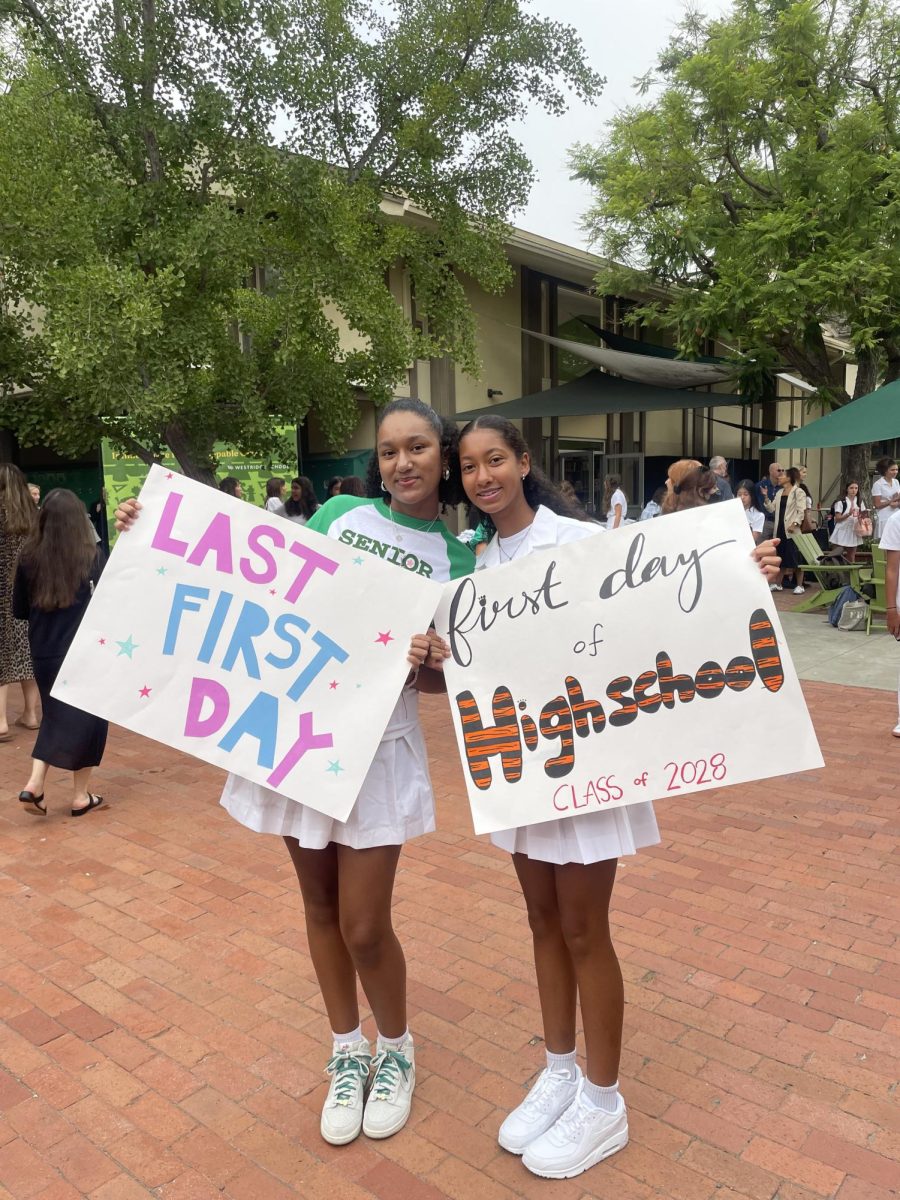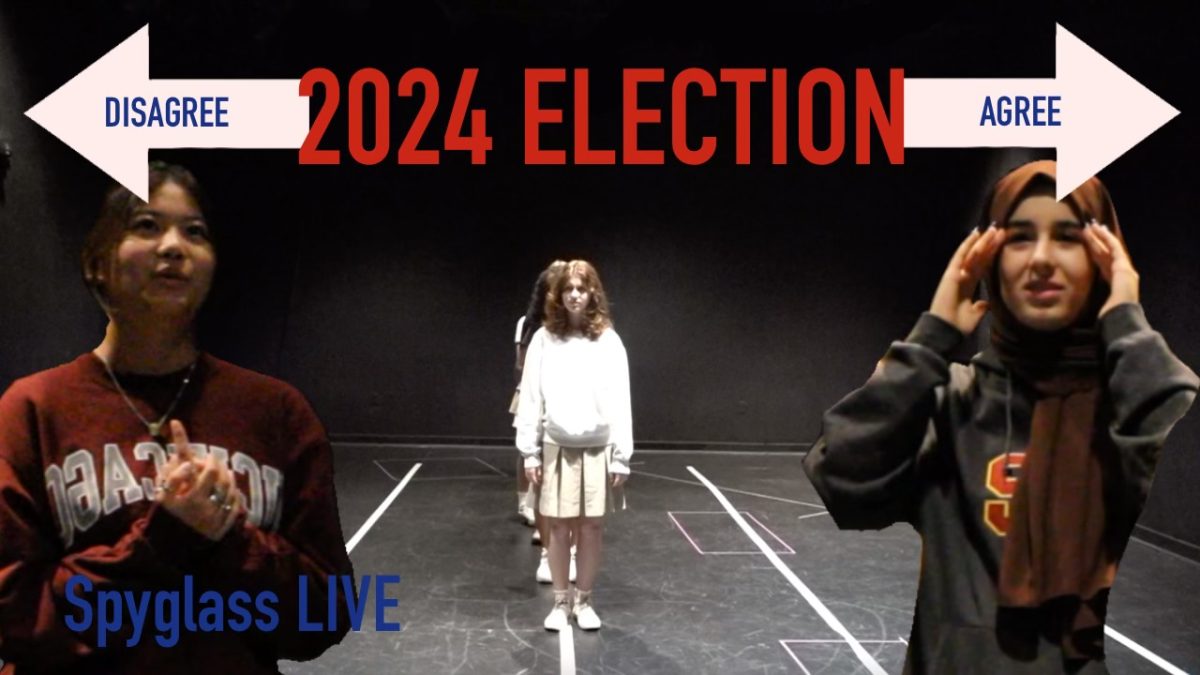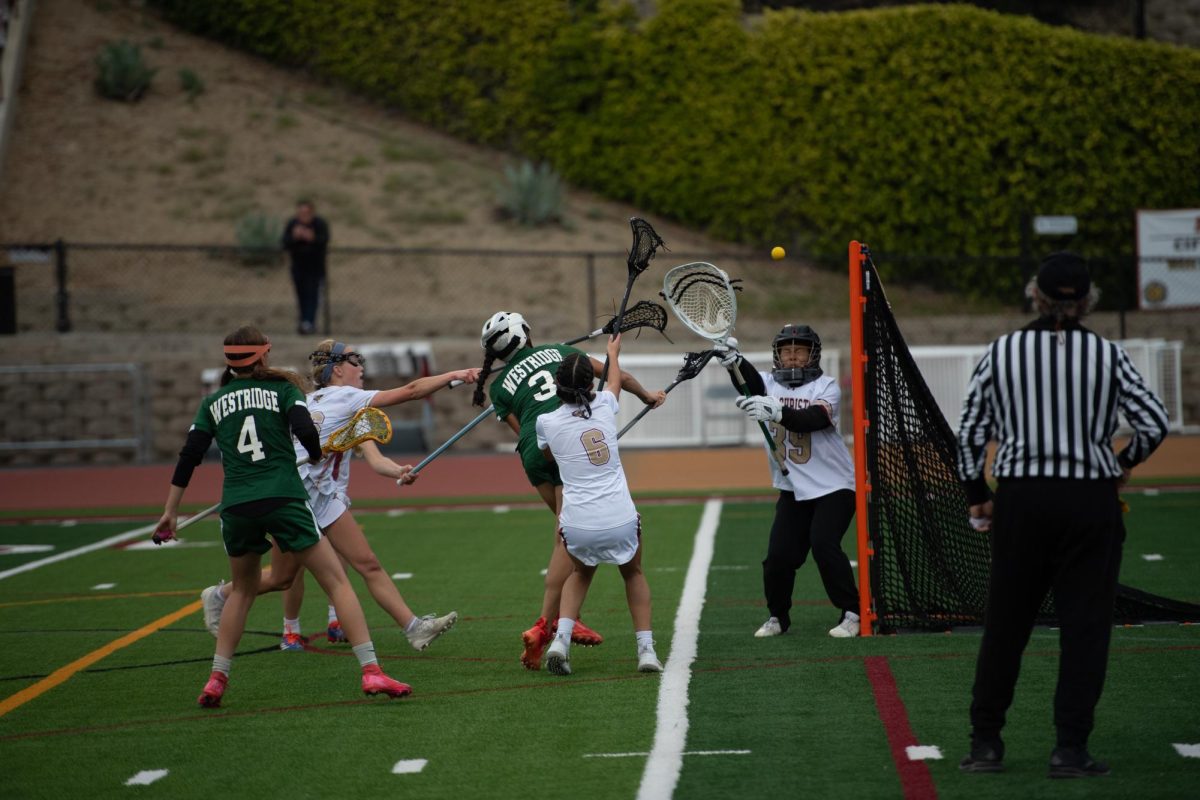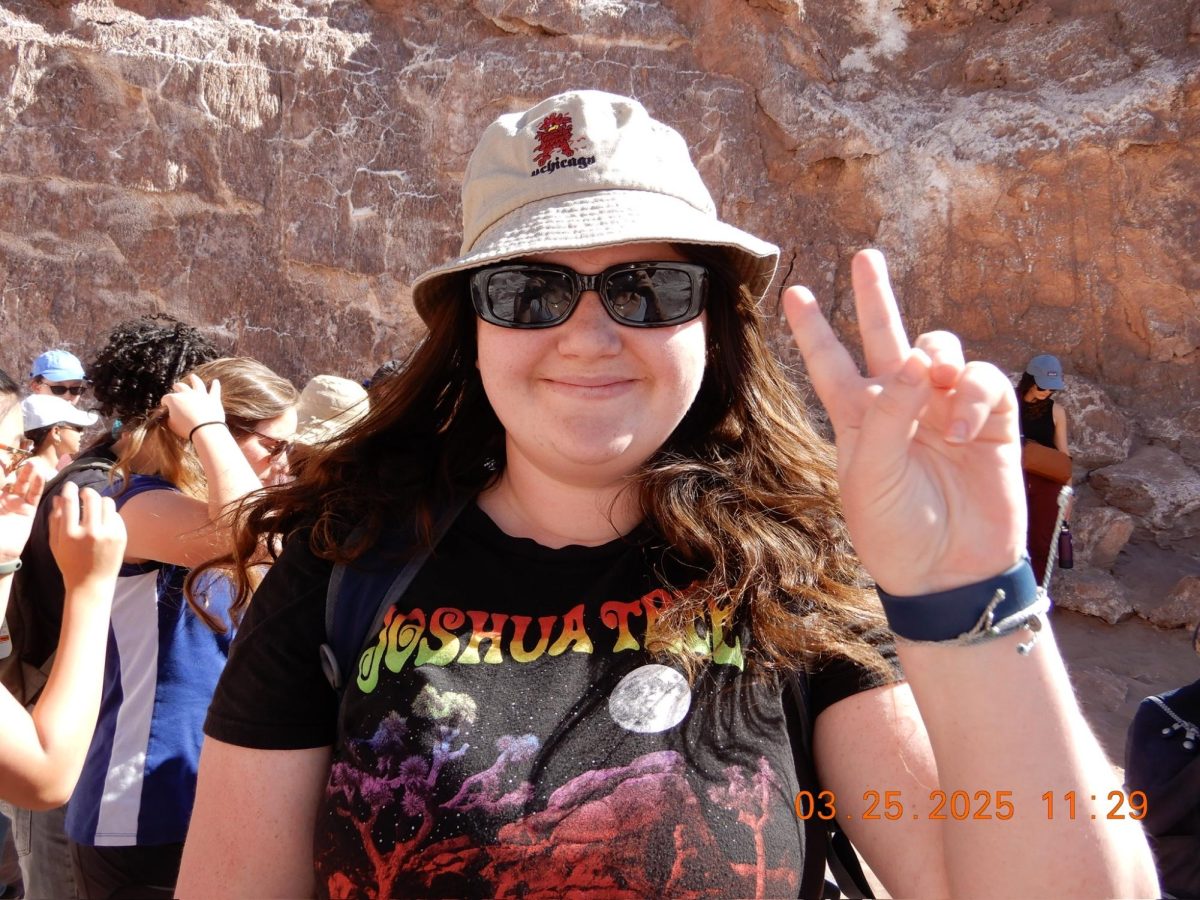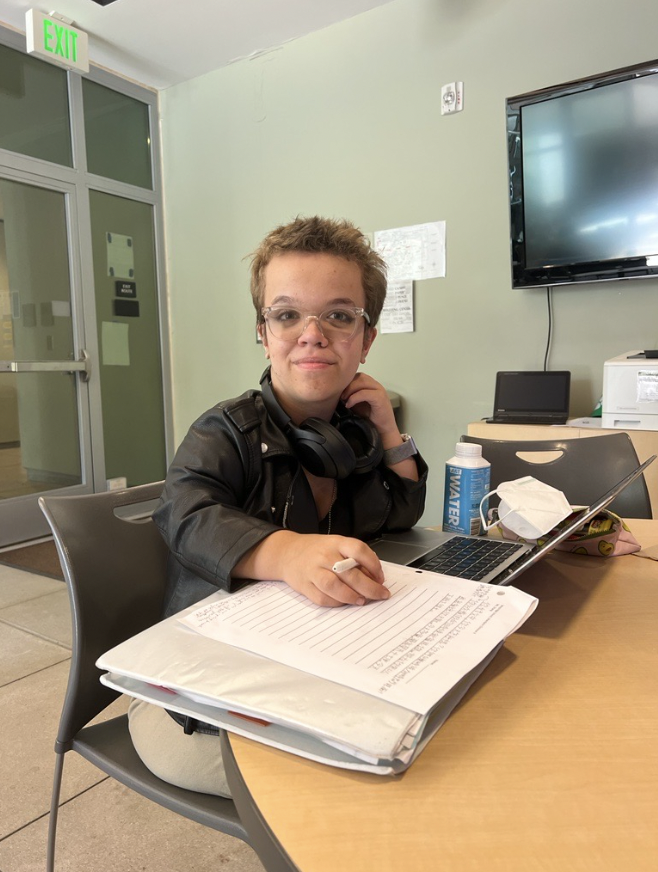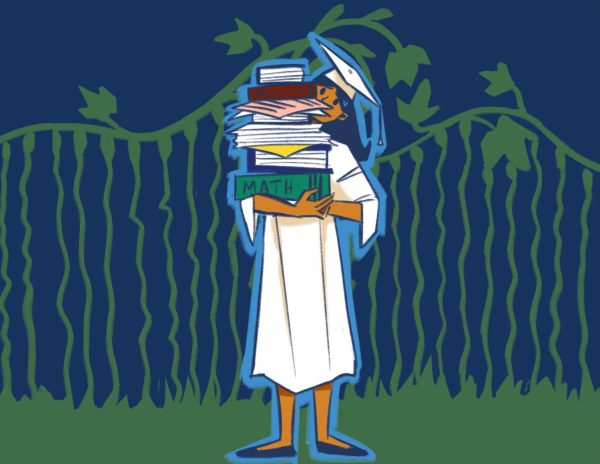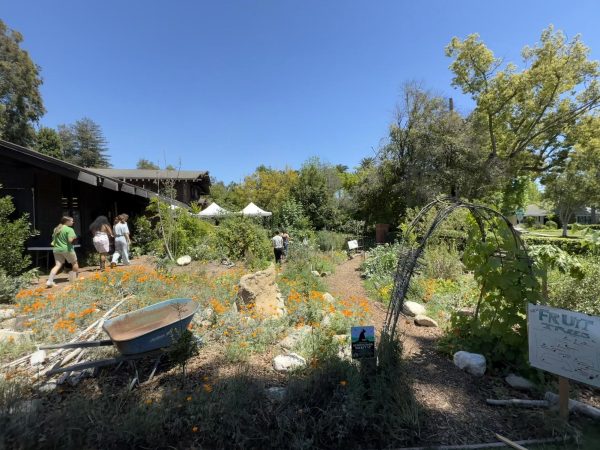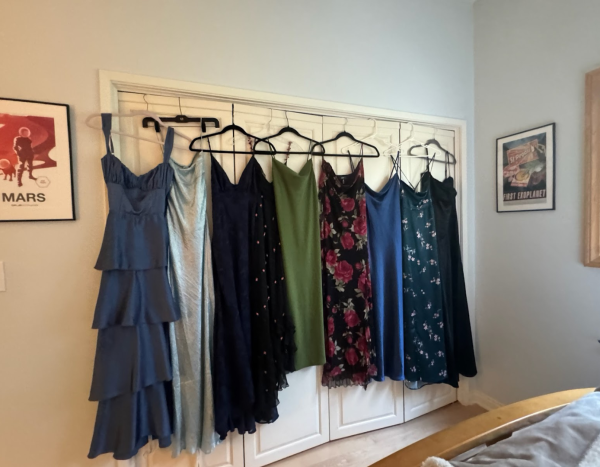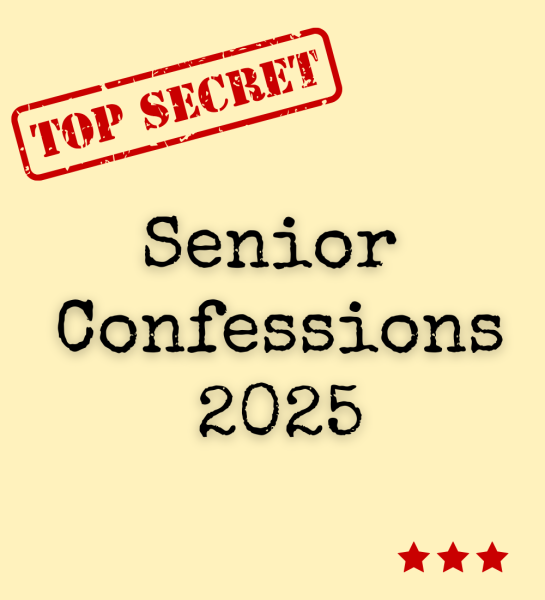“Disabled Is Not a Bad Word”: Abby P. ’25 Is Dedicated to Destigmatizing Disabilities
“I get stared at a lot in public. I get pointed at. I’ve gotten really weird comments. I’ve gotten ganged up on by kids,” explained Abby P. ’25. As a freshman at Westridge, her experiences as a person with dwarfism are ones that other students have the privilege of not having to encounter or even think about.
Abby, who joined Westridge in sixth grade, has often felt that students do not have adequate opportunities to become educated on disabilities. “[Westridge] is very good on DEI. They’re very good about that. We have a very diverse campus. But when it comes to disability, we really, really lack, which is quite funny to me because the disabled community is the biggest minority in the world.” Members of the disabled community, as Abby puts it, “fly under the radar” in environments such as Westridge that predominantly have able-bodied people.
“I feel like Westridge, when it comes to disability at all, even if they touch on it, [teaches] only neurological [disabilities],” stated Abby.
Abby explained, “It’s typically younger kids who don’t understand people with disabilities…Fourth graders sometimes here [at Westridge] will look at me weird, or they’ll just stare at me.”
Abby clarified that it is not the fault of young children who may have few encounters with people. “They haven’t seen anyone like me in the media, movies, or anything like that…When you see someone who’s not ‘normal,’ or not able-bodied, you’re like, ‘that’s weird.’”
Moving forward, Abby intends to “[talk] to the lower school or lower schools…because they’re just like the younger generation who really needs to be in the know.”
At her previous school, Abby could be found distributing bracelets every October during Dwarfism Awareness Month to spread information about dwarfism. During this period intended to raise awareness around dwarfism, Abby would also collaborate with one of her friends with dwarfism. Together, they would host an annual assembly where they would speak out about their experiences. While Abby hoped to continue such conversations at Westridge, the pandemic and online school disrupted her plans. However, she remains committed to holding important conversations surrounding disabilities at Westridge.
People who know Abby know that she is very open about her disability. She often makes jokes and “tr[ies] to break the ice to make sure it’s not awkward” because she has noticed that “when I meet people, they think less of me.”
One of the realities of living with dwarfism is shortened legs. Because of this, Abby has an extra five-minute time period to get to class without being considered tardy. Although all teachers are meant to provide her with an extra five minutes, Abby recounts that one teacher in middle school frequently marked her late. “I just couldn’t get to class on time because of where I was in the previous class. And so I’ve had a couple of problems with that,” she said.
Abby believes it’s important to hear about the experiences of those who are disabled from them directly. “The people who have the best insight on the disabled community are not able-bodied people,” she explained. “They are disabled people, they are people that live with a disability, they’re people that go through a disability.”
“[You] don’t use a secondary source in a paper to prove something—[you] use a primary source,” she added.
Along with including more education about those with disabilities, Abby wants how disabilities are talked about to change. “A lot of able-bodied people are hesitant to say ‘disabled.’” By using similar terms such as “differently abled,” those able-bodied are “saying that me being disabled doesn’t matter or affect me.”
She continued, “Disabled is not a bad word. It is a word that describes who I am.”
Stella Young, who was an Australian comedian, journalist, and disability rights activist, gave a Ted Talk that resonates with Abby. One specific line that Abby highlights is “I’m not your inspiration, thank you very much,” drawing attention to those who often see her as having “overcome” her disability, when in reality, society has been the biggest battle of all.
Abby explained, “I haven’t overcome my disability. I would say that my biggest disability isn’t my physical one but society and its view against the disabled community.”




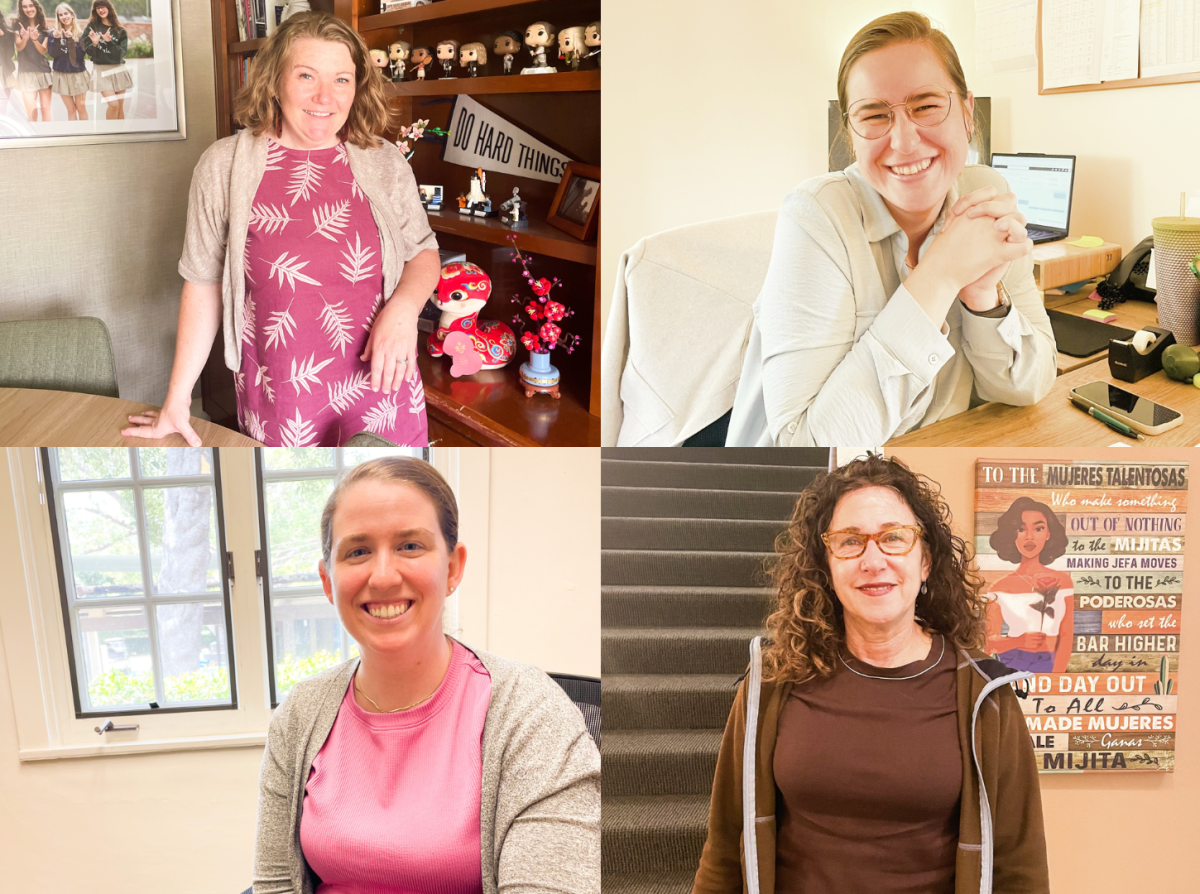
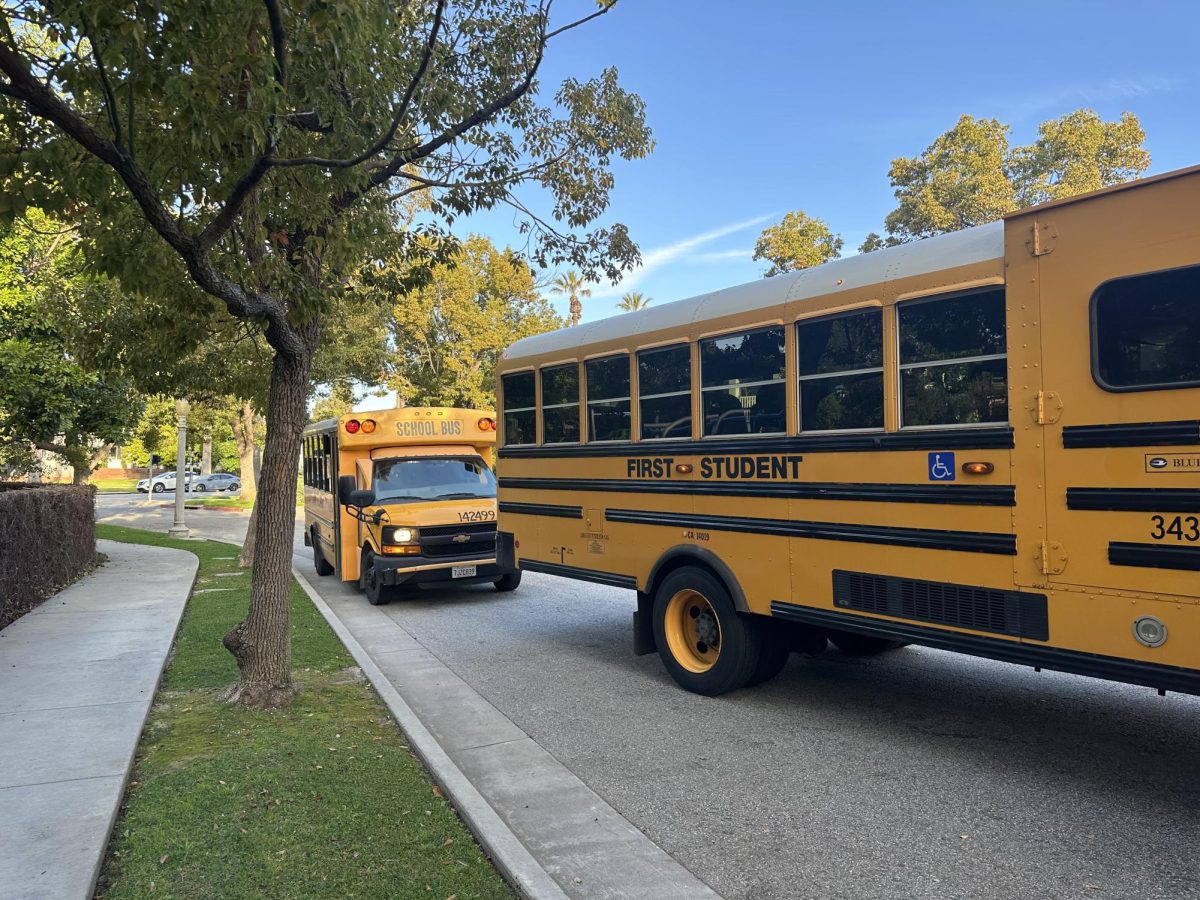


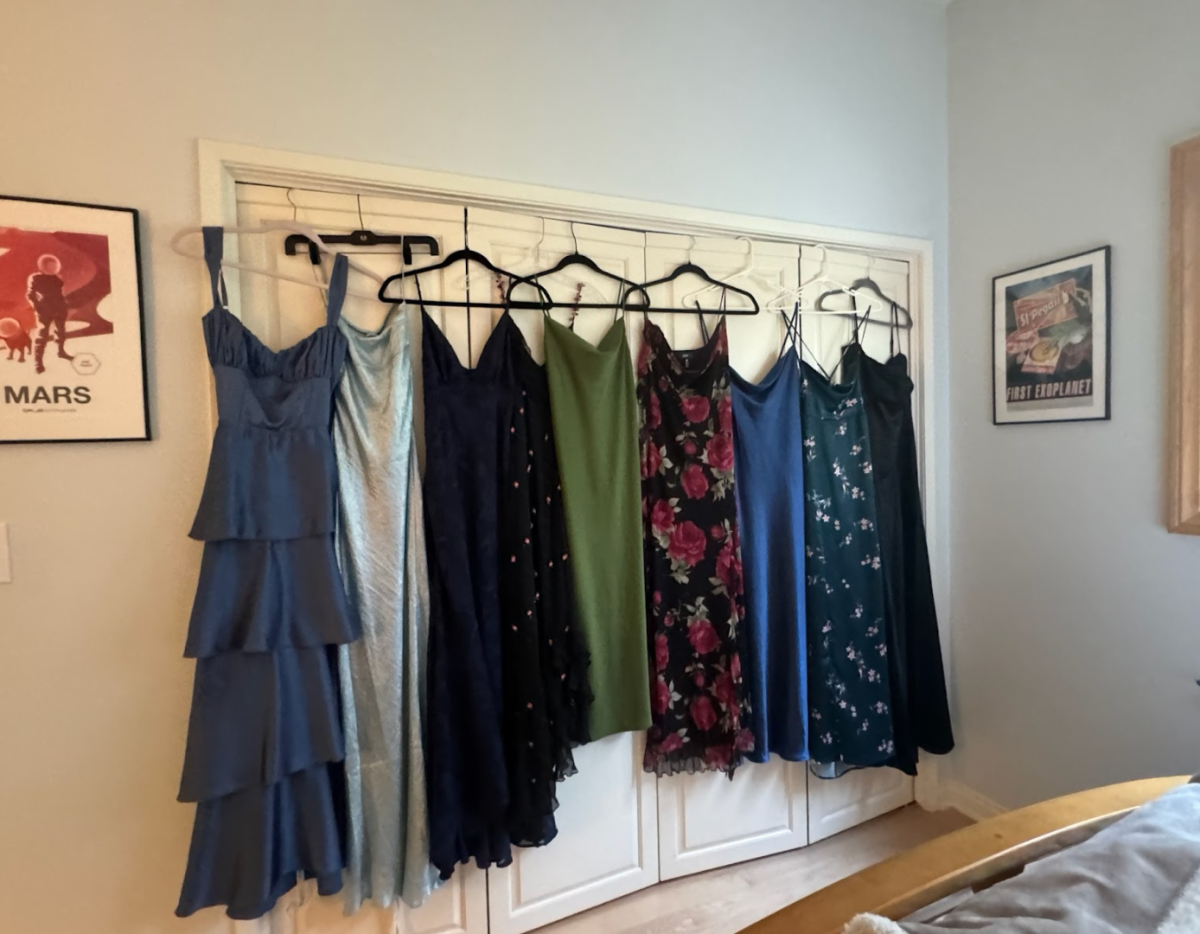








![Dr. Zanita Kelly, Director of Lower and Middle School, pictured above, and the rest of Westridge Administration were instrumental to providing Westridge faculty and staff the support they needed after the Eaton fire. "[Teachers] are part of the community," said Dr. Kelly. "Just like our families and students."](https://westridgespyglass.org/wp-content/uploads/2025/03/dr.-kellyyy-1-e1748143600809.png)








